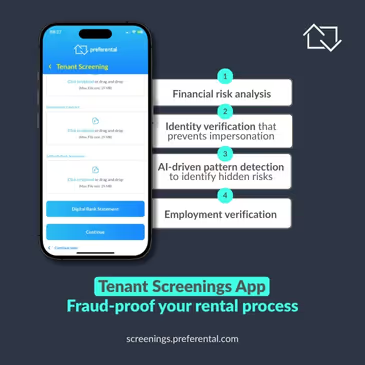Trustees face jail time for breaking new CSOS Rules
Highlights
- New CSOS directive enforces fines, legal penalties, and jail time
- Unconstitutional and discriminatory rules will be struck down
- Legal expert urges schemes to review and update all documentation
Why This Matters: Legal Heat on Residential Schemes
Residential community schemes, sectional title complexes, estates, HOAs, and retirement villages are under growing legal scrutiny following the release of the final CSOS Practice Directive, effective 18 July 2025.
The directive, issued by the Community Schemes Ombud Service (CSOS), now serves as the central legal reference for governance compliance. According to Johlene Wasserman, Director of Community Schemes and Compliance at VDM Law and a former CSOS and PPRA official, the directive sets the stage for tough enforcement, including fines and imprisonment for non-compliance.
The Rules You Can’t Afford to Break
CSOS now considers several commonly enforced rules as unconstitutional, discriminatory, or unreasonable. These rules have no legal standing, and schemes enforcing them are at high legal risk.
Examples include:

1. Domestic Worker Restrictions
Rules banning domestic staff from having visitors, speaking to each other, or requiring them to wear name tags or passes are unconstitutional and will be struck down.
2. Excessive or Open-Ended Fines
Fines must follow a clear process:
- Written warning
- Internal dispute resolution
- Penalty must be under the monthly levy amount
- No “on-the-spot” fines
Wasserman warns: “Trustees have no authority to impose fines outside the CSOS framework.”
3. Mandated Use of a Specific Estate Agent
Any rule forcing owners to use one agency to sell or let their units infringes on constitutional rights and is invalid.
4. Administrative Non-Compliance
Complexes can also face penalties for:
- Not registering rules with CSOS
- Missing or outdated POPI manuals
- Failing to register an information officer
- Contravening the STSM Act
What Happens If You Break the Rules?
Fines and Prison Time:
- Up to 5 years for first offence
- Up to 10 years for repeat offences
- Penalties issued under Section 34(1) of the CSOS Act
- Enforcement actions are proportionate to the seriousness of the offence
Regular CSOS Site Visits mean you could be under inspection without notice.
Real Case Histories: Precedent has been set
Case 1: Van Niekerk vs Ireland Gardens Body Corporate (CSOS 736/GP/17)
A rule banning cats (but not dogs) was overturned. The ruling found it discriminatory and unreasonable owners’ rights had been infringed.
Case 2: Ramushu vs Midlands HOA (CSOS 000333/GP/20)
A homeowner’s biometric access was removed. CSOS found this violated ownership rights and ordered reinstatement, stating only a court can restrict access.
“These cases prove that discriminatory or inconsistent enforcement of rules won’t stand. Trustees must tread carefully,” warns Wasserman.
Expert Legal Advice: What Trustees must do
“Fines and prison time are real consequences. Trustees and managing agents must ensure every piece of scheme documentation complies with the CSOS directive and the STSM Act,” says Wasserman.
At VDM Law, Wasserman and her team offer full support:
- Scheme registration
- Quality assurance of governance documents
- POPI compliance
- Annual return submissions
- Dispute resolution
- Levy recovery
Final Word: Avoid Legal Trouble - Act Now
With the CSOS Practice Directive now fully in effect and site inspections on the rise, trustees and managing agents have no room for error.
Get your house in order before CSOS does it for you.












.avif)


.avif)

.avif)




.svg)






.avif)




















.avif)
